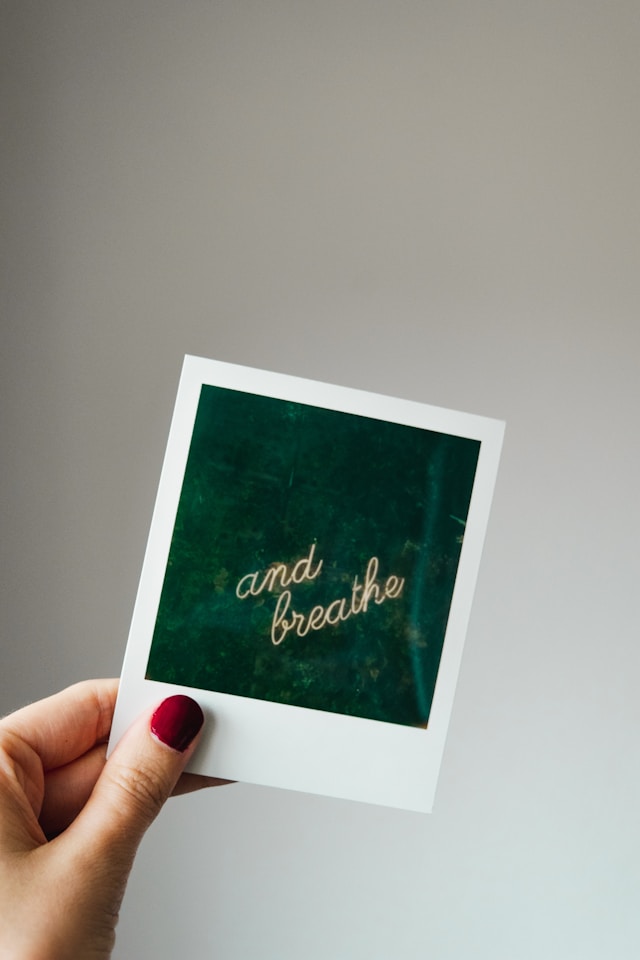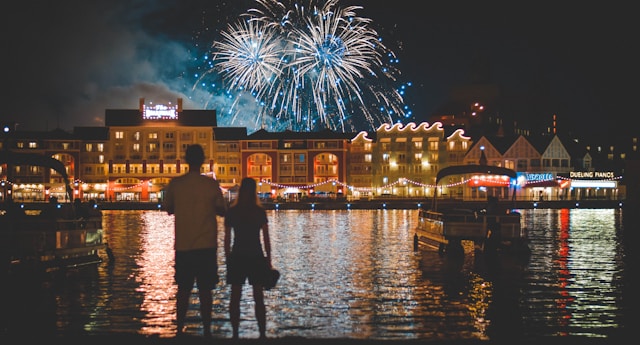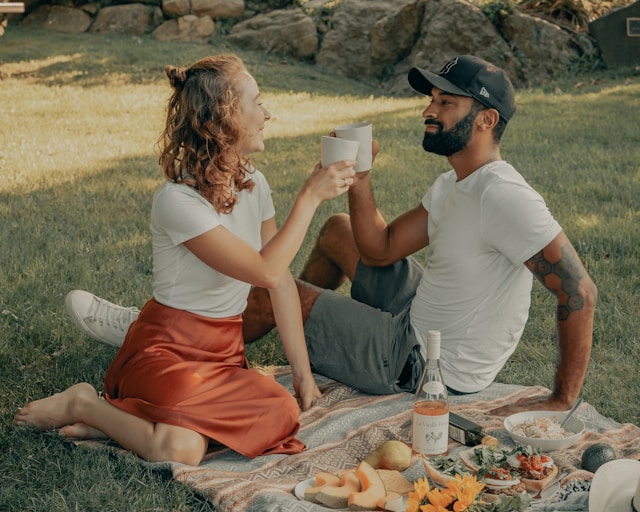When you’re playing the dating game, it’s hard to have a clear sense of discernment about whether someone is the right person for you. We generally know what we don’t want in relationships based on previous experience and a vague idea of what we do want in a relationship. But how do you know if they are right for you?
Having a shopping list too specific to the qualities we want in a partner can set us up for disappointment or perpetual singledom. Someone with brown eyes and hair who’s six foot tall and emotionally available, creates a restrictive set of criteria that becomes harder to fulfil. When we find that specific someone, there’s pressure to make it work, disappointment because we realise it’s not what we wanted after all, or other deal breakers soon become apparent.
Complicating it even more, we are often blind to a prospective partner’s suitability because we get so caught up in the rush of happy hormones from dating and connection and so eager to know if we are liked that we often forget to check if we like our potential partners back. Plus, our attachment system is starting to kick into gear, pushing and pulling us as it does.
Let’s stop, slow down and take a deep breath…

Actually, slowing down and taking a deep breath is good advice because when the chemicals of attraction—dopamine, adrenalin, vasopressin and oxytocin–start to kick we get caught up in their rush and make decisions based on what we’re feeling in the moment and often those decisions are not well-considered and short-term oriented.
I think having an idea of green and red flags in a potential partner is helpful. Still, having a shopping list of criteria isn’t ideal as we limit ourselves to experience and who the world may bring into our orbit. More important than who a partner might be is how they are. How do they present themselves in relationship to you and what emotions or meanings arise in your mutual space?
Here are some of the key indicators of what I consider a potential partner might embody if a relationship is to be healthy, secure and loving:
- Do they seem genuinely interested and curious about you as a person? Do they ask questions or seek clarification? Do they show a desire to know and understand you better?
- Do you feel comfortable saying no to them, and, crucially, is that not respected? If the answer is yes, it indicates that they understand and respect boundaries. Someone who ignores your no or tries to convince you that your no is a yes may not be safe or respectful or have much learning to do.
- Can you disagree or have difficult conversations safely? Do they collaborate with you to see your point of view, or can they come to some form of resolution? Can they tolerate disagreement without taking it personally or with it leading to a rupture?
- When ruptures do occur, are they quick to repair and take ownership of their contribution to the rupture?
- Does it feel safe to express your emotions, especially big or difficult emotions, without your partner taking them personally?
- Does it feel safe to reveal your deeper and more vulnerable parts, and do they feel held and respected? If you feel like you need to keep large parts of yourself hidden or contained, there might be an unconscious feeling that some aspects of you are not welcome or respected.
- Do you feel like you learn more about yourself by relating to them?
- Is it possible to talk about the relationship itself in an easy way, or do relationship conversations feel heavy and loaded?
- Do you care about similar things? If you don’t, is it easy to manage these differences? It’s okay to have different values in a relationship so long as you can reconcile those differences.
It’s important to remember that all the above questions apply equally to yourself as much as to any potential partner. They also need to know you are curious, trustworthy, respectful and safe. It’s just as vital for them to feel seen and appreciated by you, and they’re probably also wondering how much you like them, too.
The courting phase of dating is about seeing if each other is a ‘safe haven’. That means you create a system where the relationship is a sanctuary where you can connect and protect each other from the world’s stresses. For a relationship to feel like a safe haven, there needs to be trust, vulnerability, acceptance and, of course, safety. A relationship also should feel like a ‘secure base’. That means it’s a place from which you can both go and explore the world and return safely.
Other qualities are also essential to consider in any potential partner, such as whether you have fun, whether you walk away from time together feeling lighter or refreshed, or if you have enough shared interests and enough difference to make things interesting (too much overlap will lead to boredom and too much difference will lead to alienation). However, from an attachment security perspective, the points above are the main aspects we want to consider in a potential partner.
The bottom line is that we want to find a partner who enthusiastically embraces and celebrates the you who you are!
And that you enthusiastically embrace and celebrate them in return…

If they do not want to grow and be on life’s journey with you in a way that feels mutual, respectful and honouring, then they are not worth your time and commitment. It’s not that they choose you or you choose them, but you choose each other, and that choice is ongoing throughout the relationship. This is, fundamentally, a secure relationship
If you need help dating more securely or determining if someone is right for you, reach out to learn more about how individual relationship therapy might help you escape from the dating game.

